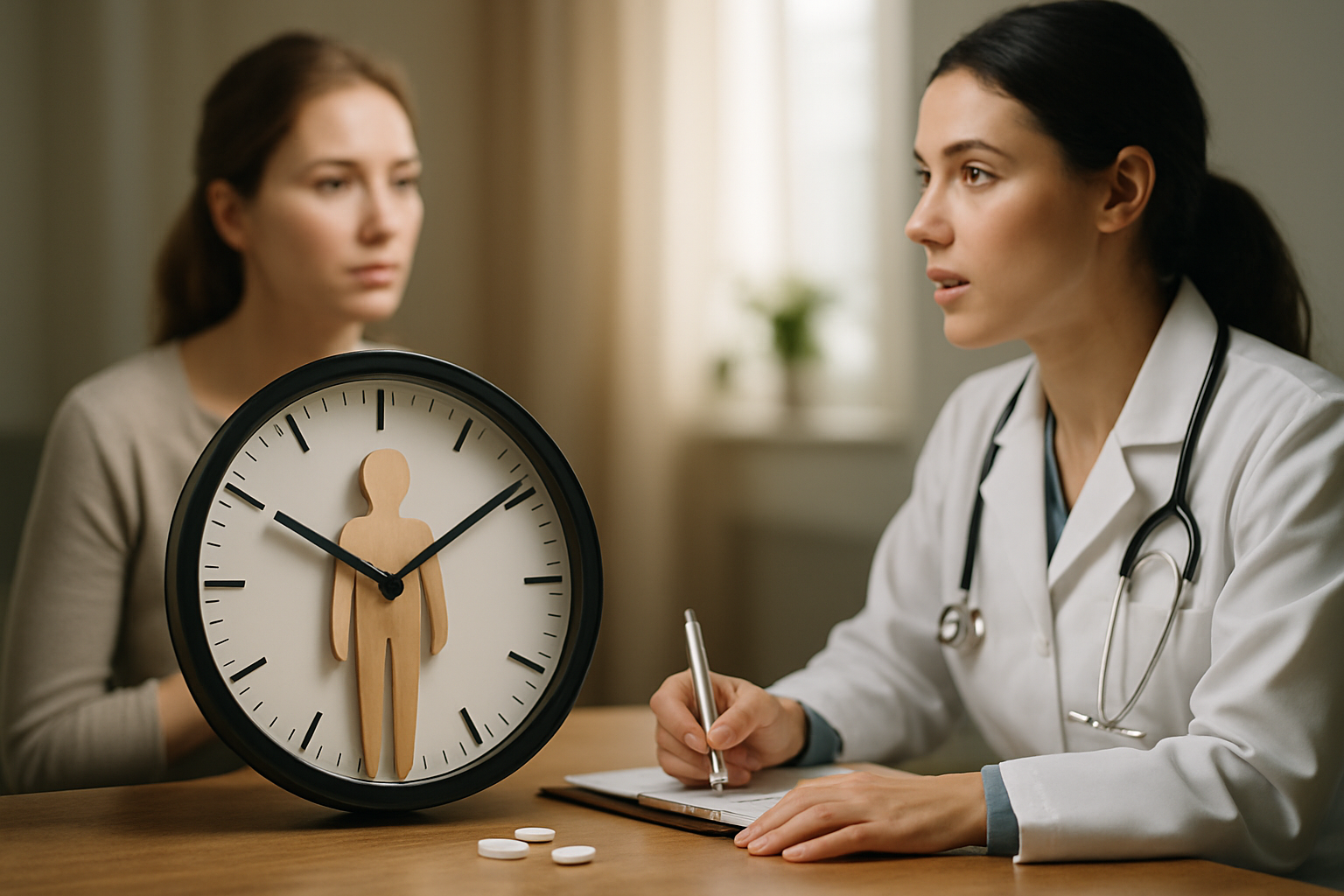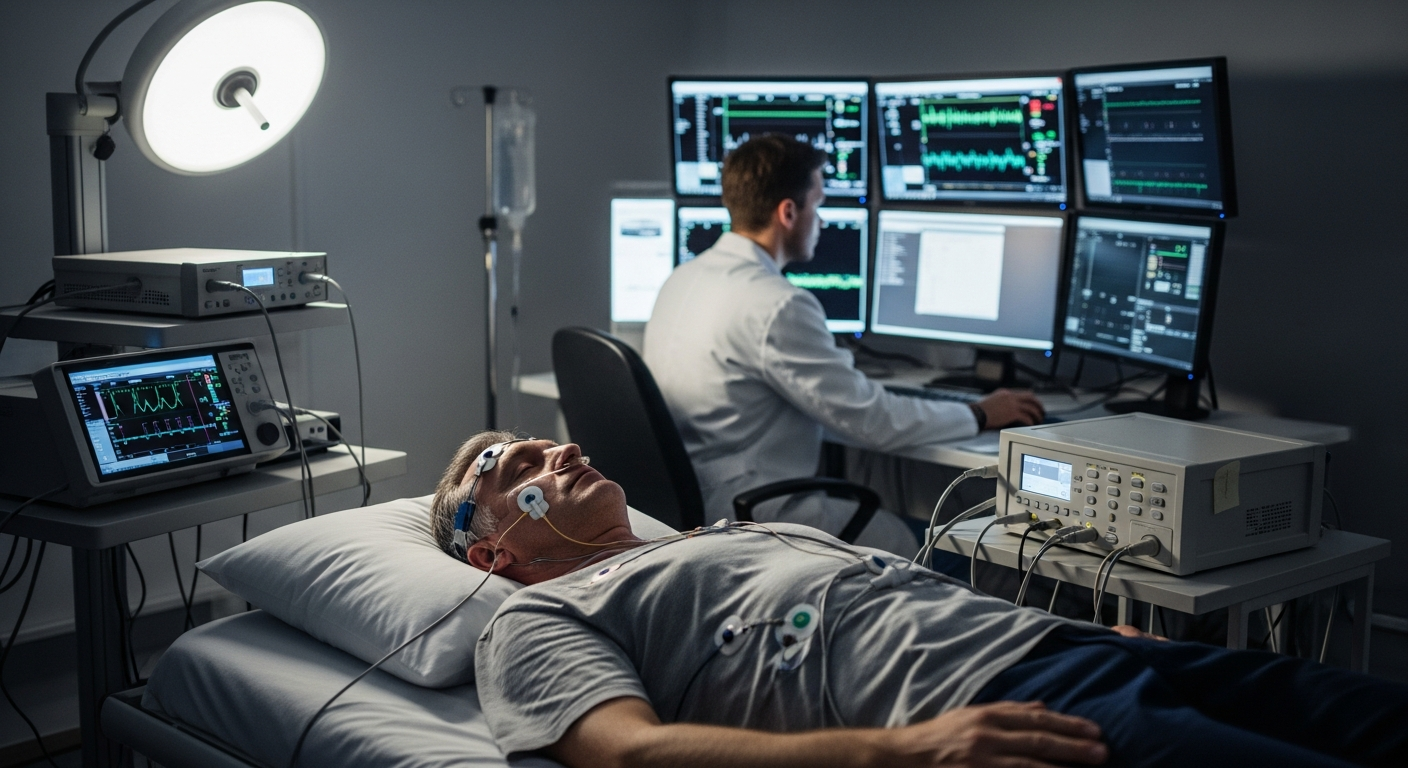Chronotherapy: Timing Health for Optimal Wellness
Does the time of day you take your medication or exercise matter? Emerging research suggests it does, and it's part of a growing field called chronotherapy. This innovative approach to health and wellness synchronizes medical treatments and lifestyle habits with our body's natural circadian rhythms. By aligning our daily routines with our internal biological clocks, we may be able to enhance the effectiveness of treatments, improve overall health, and potentially revolutionize personalized medicine.

Research has shown that nearly every cell in our body has its own molecular clock, controlled by specific genes that turn on and off in a rhythmic pattern. These cellular clocks influence the function of organs and systems, affecting everything from our immune response to our cognitive performance.
Chronotherapy in Medical Treatment
Chronotherapy in medicine involves timing the administration of drugs to coincide with the body’s natural rhythms. This approach can potentially increase the efficacy of treatments while reducing side effects. For example, studies have shown that taking blood pressure medication at night, when the body naturally lowers blood pressure, can be more effective in controlling hypertension than taking it in the morning.
In cancer treatment, chronotherapy has shown promising results. Chemotherapy drugs administered at specific times based on the patient’s circadian rhythms have been found to be more effective and less toxic. This is because cancer cells, like healthy cells, have their own rhythms of growth and division, which can be targeted for optimal treatment timing.
Optimizing Exercise Through Timing
The concept of chronotherapy extends beyond medical treatments to lifestyle factors like exercise. Research suggests that the time of day we exercise can significantly impact its effectiveness and health benefits. For instance, morning exercise has been linked to improved fat burning and weight loss, while evening workouts may enhance muscle strength and endurance.
A study published in the Journal of Physiology found that exercising at different times of day can influence gene expression in muscle tissue. This means that the same workout performed at different times could lead to different adaptations in the body, potentially allowing for more targeted fitness goals.
Chronodieting: Eating in Sync with Your Body Clock
Chronodieting is an emerging aspect of chronotherapy that focuses on aligning our eating patterns with our circadian rhythms. This approach suggests that when we eat can be just as important as what we eat. Research has shown that our metabolism, insulin sensitivity, and digestion all follow daily rhythms, influencing how our bodies process food at different times of the day.
For example, studies have found that eating earlier in the day, when our metabolism is most active, may lead to better weight management and improved blood sugar control. Conversely, late-night eating has been associated with an increased risk of obesity and metabolic disorders, as our bodies are less equipped to process food efficiently during nighttime hours.
Implications for Sleep and Mental Health
Chronotherapy has significant implications for sleep disorders and mental health. Light therapy, a form of chronotherapy, has long been used to treat seasonal affective disorder (SAD) by exposing patients to bright light at specific times of day to reset their circadian rhythms. This approach has also shown promise in treating other mood disorders and sleep disturbances.
Recent research has explored the potential of chronotherapy in managing conditions like bipolar disorder and depression. By carefully timing sleep, light exposure, and medication, some studies have shown improvements in mood stability and sleep quality for patients with these conditions.
Chronotherapy in Practice: Tips for Aligning Your Life with Your Body Clock
-
Track your natural energy patterns for a week to identify your personal circadian rhythm
-
Aim to eat your largest meal when your metabolism is most active, typically midday
-
Schedule intellectually demanding tasks during your peak alertness hours
-
Consider timing your workouts based on your fitness goals and energy levels
-
Maintain a consistent sleep schedule, even on weekends, to stabilize your circadian rhythm
-
Limit blue light exposure in the evening to support natural melatonin production
-
Discuss medication timing with your healthcare provider to potentially enhance effectiveness
As research in chronotherapy continues to evolve, it offers exciting possibilities for personalized medicine and lifestyle optimization. By understanding and working with our body’s natural rhythms, we may be able to unlock new levels of health, productivity, and well-being. While more studies are needed to fully understand the potential of chronotherapy across various health conditions, the growing body of evidence suggests that timing truly is everything when it comes to our health.






